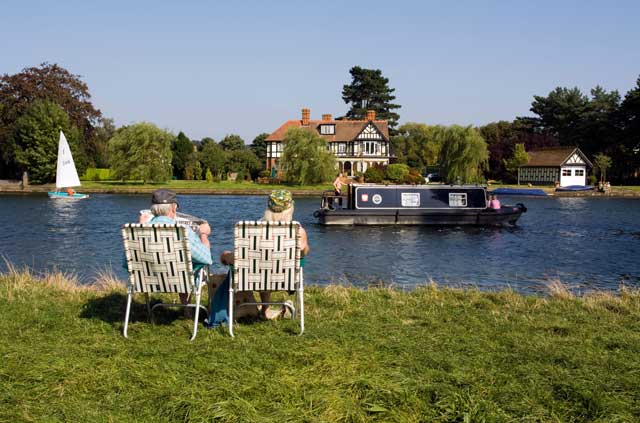Cedilla, By Adam Mars-Jones

Your support helps us to tell the story
From reproductive rights to climate change to Big Tech, The Independent is on the ground when the story is developing. Whether it's investigating the financials of Elon Musk's pro-Trump PAC or producing our latest documentary, 'The A Word', which shines a light on the American women fighting for reproductive rights, we know how important it is to parse out the facts from the messaging.
At such a critical moment in US history, we need reporters on the ground. Your donation allows us to keep sending journalists to speak to both sides of the story.
The Independent is trusted by Americans across the entire political spectrum. And unlike many other quality news outlets, we choose not to lock Americans out of our reporting and analysis with paywalls. We believe quality journalism should be available to everyone, paid for by those who can afford it.
Your support makes all the difference.To recap, then. Adam Mars-Jones, twice named one of Granta's Best Young British Novelists, despite never having produced anything reaching even 200 pages, suddenly published, in 2008, Pilcrow. This was the story of John Cromer, a cheery, inquisitive lad of the 1950s growing up with Still's Disease, an arthritic condition which, mistreated, leaves him physically stilted and bed-bound. It was, at over 500 pages, indisputably a novel; more than that, it was the first part of a trilogy. Not quite a case of three buses coming all at once, but at least we had the schedule.
Pilcrow followed John through his early years in the Cromer family home in Bourne End, Bucks, then out to hospital and a school "for severely disabled but intelligent boys". It finished with him tottering, in the inch-and-a-half steps that his hardened hip and knee joints would allow, towards his goal of mainstream education in a local grammar school. Cedilla, the even more substantial filling of this triple-decker, expands on the theme of freedom, with John learning to drive, travelling to India, and taking up a place to study Modern Languages at Cambridge.
The driving will come as a relief to any readers who were exasperated by Pilcrow's failure to deliver on its opening line: "The spring I learned to drive, the cherry tree in front of our house in Bourne End flowered as never before." John, the meticulous narrator of his own circumscribed world, takes all of one book and nearly a quarter of another to get to that first driving lesson.
This procrastination is not the result of an event-filled life; it is the meagreness of John's life that impels him to analyse every crumb of it that passes him by. This results in some amusing period detail (Howzat, Professor Branestawm, top of the milk) as well as some more-or-less unjustifiable digression, but these extravagances are held in check by John's belief that such things are just threads in the veil of illusion we call the world. Thus his decision, before he heads to Cambridge, to visit the ashram of his guru, Ramana Maharishi, in southern India.
It is in Hinduism that John sees his best chance of release from the frustrations of his existence. He wants to reach out and take life with both hands – even a quick grope will do, as his happiness with the few (homo)sexual encounters that come his way testifies – yet is constrained from doing so. If he could only renounce that which lies outside his grasp, then he could achieve peace. His tragedy is that renunciation remains as ungraspable as life.
You might think an element of renunciation is needed on the reader's part, to deal with this infinite deferral of life. The John Cromer trilogy is shaping up to be an endlessly extended Bildungsroman, in which physical hardship, an over-protective mother and the general social climate conspire to keep the hero from ever achieving maturity.
The happy truth, however, is that reading these books never feels like a chore. Mars-Jones's prose is as springy and sure as John's movements are not. The books' picture of a post-war middle-class family is abundantly comic, but also psychologically astute. Take John's ex-RAF Dad, characterised by him as a "thwarting engine": "if you made any sort of claim on him, he would smack you down. But if you built a wall against him, as Peter [a brother] and I were busy doing, then a helpless fondness would show through the chinks in it."
There is a harsher undertow to the portrait of John's mother. Driven to distraction by the thought of his independence, she starts to buckle under the strain of keeping up appearances. When the newly famous Tom Stoppard moves into the neighbourhood, complete with pet peacocks, she can't even bear to leave the house, for fear of finding herself trapped at the greengrocer's, subjected to "an onslaught of epigrams, paradoxes, philosophical conundrums." "He might pop up round the corner," John surmises, "with an escort of peacocks making that strangled-baby cry, spreading his own great tail of blue-green wisdom wide, until the sunlight sparkled unbearably on all the eyes of his mind."
It is writing of this kind that propels the reader through the book, buoyed up too by the warm current of spirituality absent from its predecessor. Nevertheless, anticipation of the third book carries a certain amount of expectation. Cedilla ends as pessimistically as Pilcrow did positively, with John estranged from his parents and waiting morosely to move into a council flat. If and how John the disappointed adventurer meets John the confident teller of his tale, and how that reflects back over what came before, remains to be seen.
Join our commenting forum
Join thought-provoking conversations, follow other Independent readers and see their replies
Comments